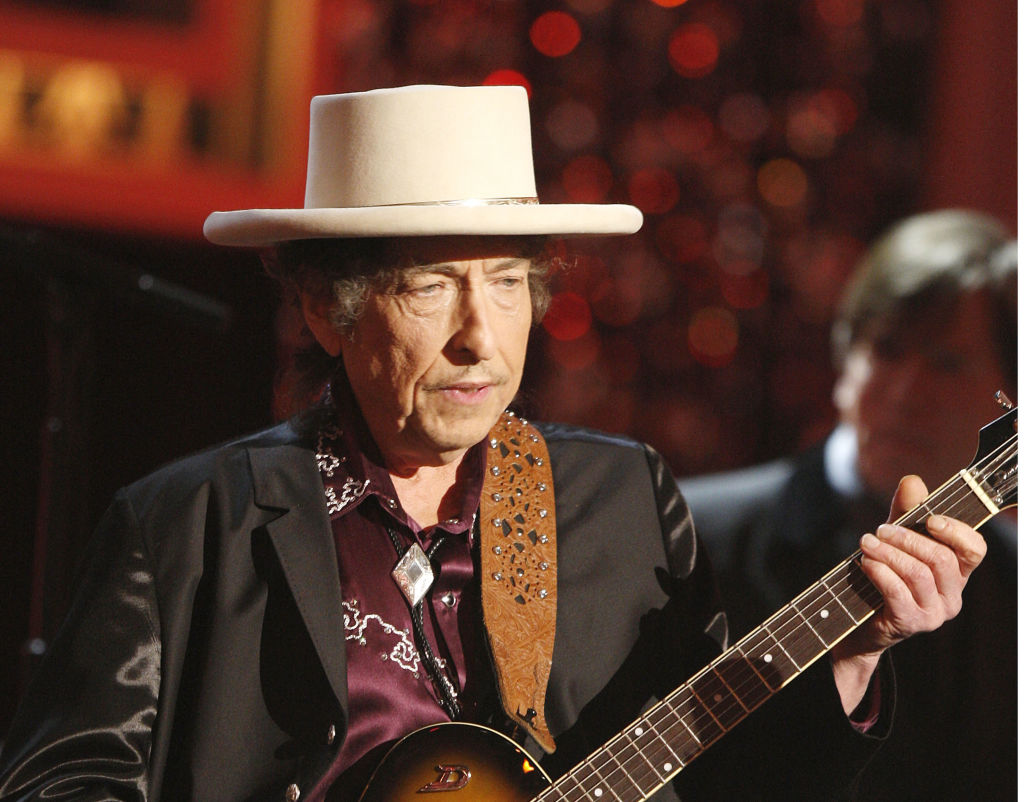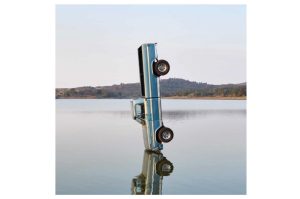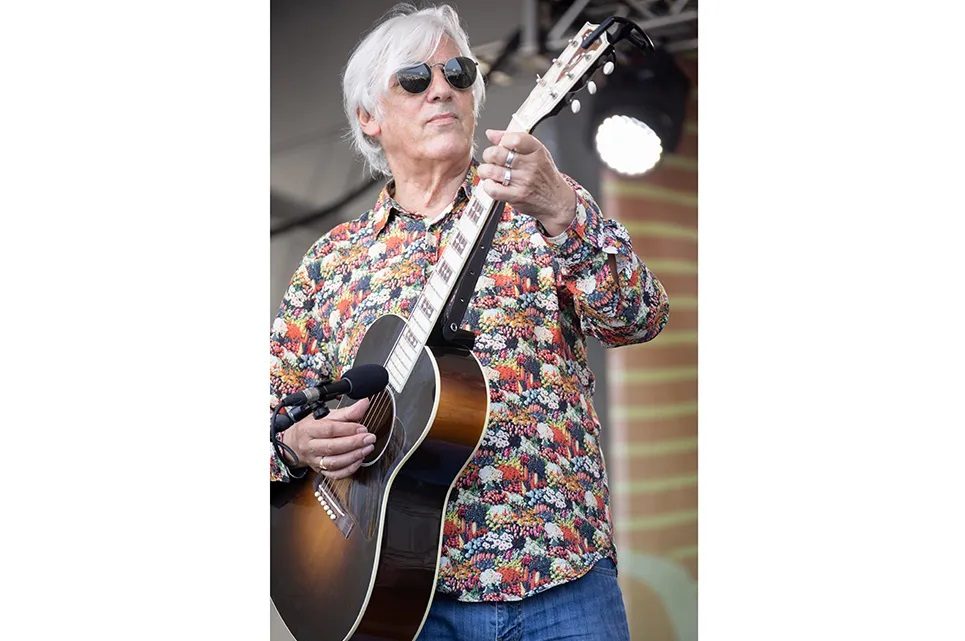The times, they are a-changing. For the past six decades, Bob Dylan has been one of the most enigmatic artists in American music, whose every public utterance has been pored over by his admirers and detractors alike. But one thing that Dylan has never been is a man who threw it all away: reputationally speaking, at any rate. Yet things at last have changed. In a simple twist of fate that Dylan surely never could have predicted, he has become embroiled in — of all things — a controversy over signed books.
Dylan’s most recent publication, The Philosophy of Modern Song, was released in a deluxe limited edition, retailing at $599 apiece. So keen was its publisher, Simon & Schuster, to extol the book’s authenticity that each copy was supplied with a certificate attesting to its having been individually signed by Dylan. Well, up to a point, Lord Copper. It soon became clear, as excited purchasers took to social media to show off their books, that every single signature was identical.
Rather than saying, “Don’t think twice, it’s alright,” the disappointed buyers complained in droves, and Dylan was driven to make a rare statement on his Facebook page:
I’ve been made aware that there’s some controversy about signatures on some of my recent artwork prints and on a limited edition of Philosophy Of Modern Song. I’ve hand-signed each and every art print over the years, and there’s never been a problem. However, in 2019 I had a bad case of vertigo and it continued into the pandemic years. It takes a crew of five working in close quarters with me to help enable these signing sessions, and we could not find a safe and workable way to complete what I needed to do while the virus was raging. So, during the pandemic, it was impossible to sign anything and the vertigo didn’t help. With contractual deadlines looming, the idea of using an auto-pen was suggested to me, along with the assurance that this kind of thing is done ‘all the time’ in the art and literary worlds.
Dylan’s statement concluded, “Using a machine was an error in judgment and I want to rectify it immediately.”
It was swiftly pointed out that Dylan’s limited edition prints can sell for as much as $15,000, and that for the pictures to be sold as individually touched by the hand of Bob would constitute at best bad practice and at worst straightforward fraud. A hard rain’s gonna fall, it would appear, unless this can be remedied quickly, which one assumes will see Dylan sent to his hotel room to sign — if not paint — his masterpiece.
Dylan is not the first person to autosign a letter or book. Many dealers of signed first editions will not sell signed copies of Churchill’s memorabilia unless it comes with proof of authenticity, given the former prime minister’s use of an autograph stamp to replicate his own signature. And presidents from Truman to Obama have made use of an autopen to sign documents while in office. It is commonly believed that many celebrities have made use of such technology to mass-sign fan mail, although few have confessed to it. Margaret Atwood implemented her own twist on the technology in 2004 in the form of the “LongPen,” which allows authors to sign books virtually while having a conversation over the internet with their dedicatees.
Had Dylan taken advantage of this, it may well have done him credit: many of his admirers would have paid more than $600 each to have a brief virtual face-to-face with their hero. Instead he has become tangled up in blue as he faces the wrath of his well-heeled fans. No doubt these books will be recalled and then reissued with their own genuine signatures in due course. But until then Dylan might have been better off heeding his own advice: “You’re very well-read, it’s well-known/ But something is happening here and you don’t know what it is.” Do you, Mr. Dylan?

























